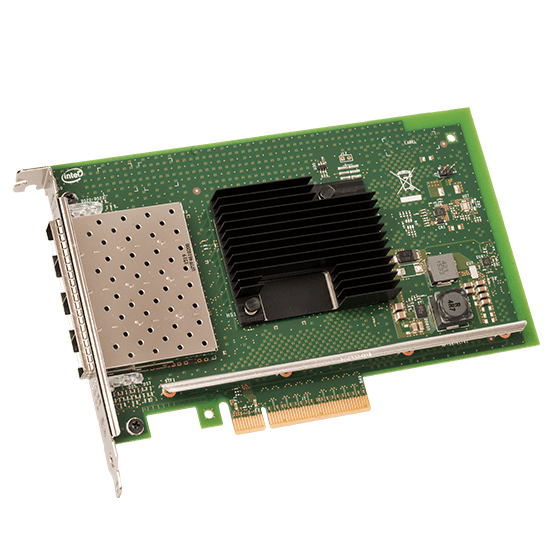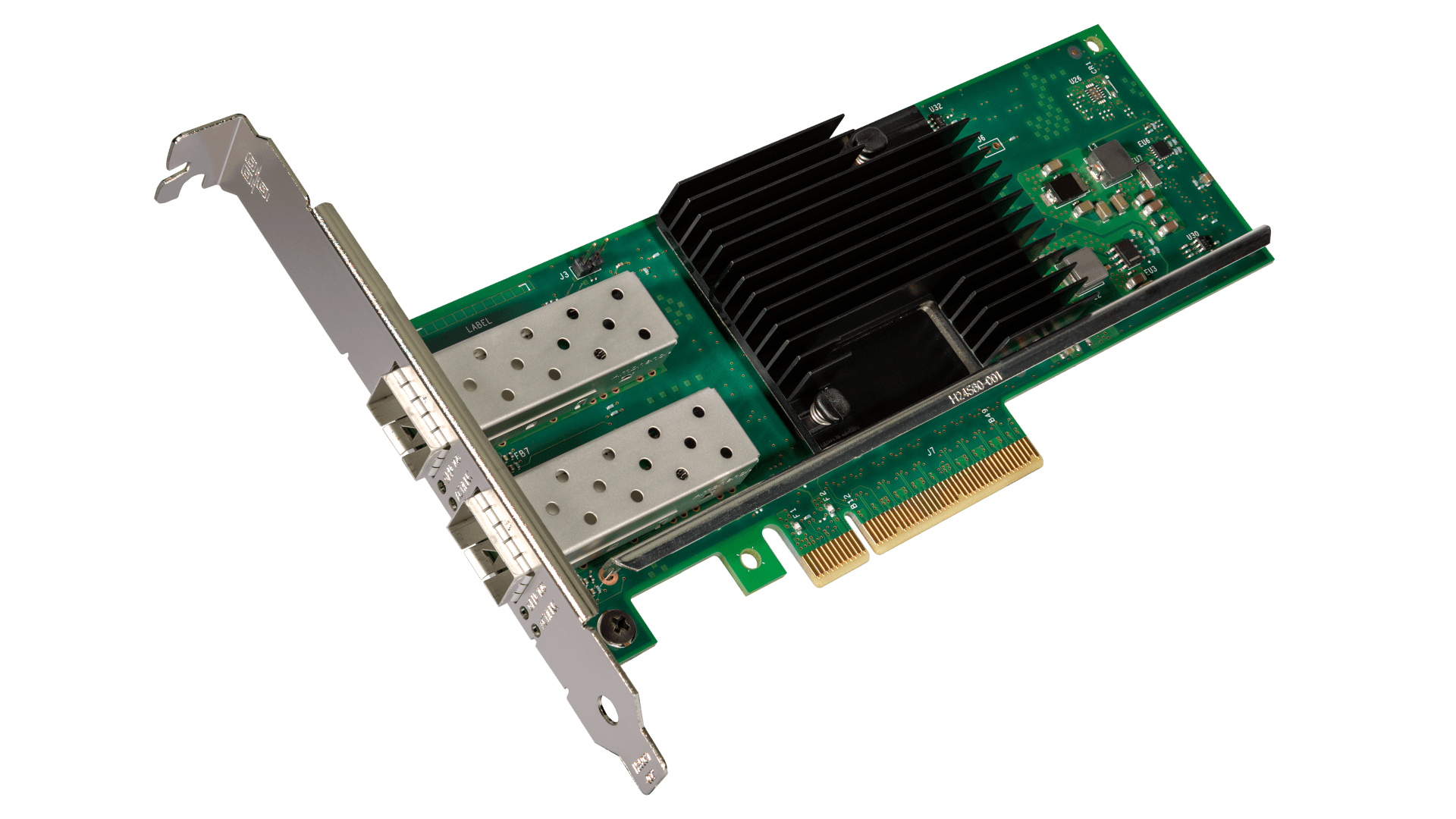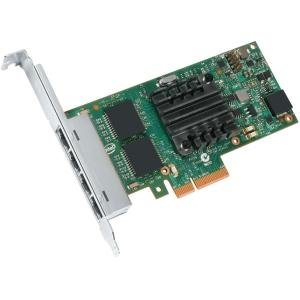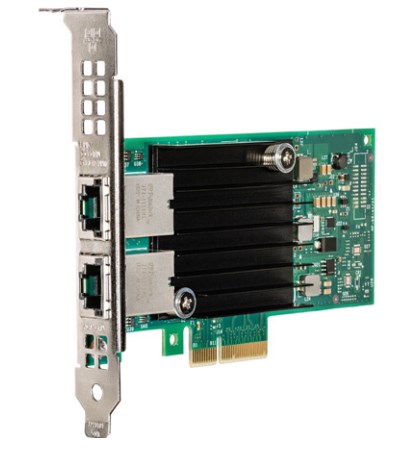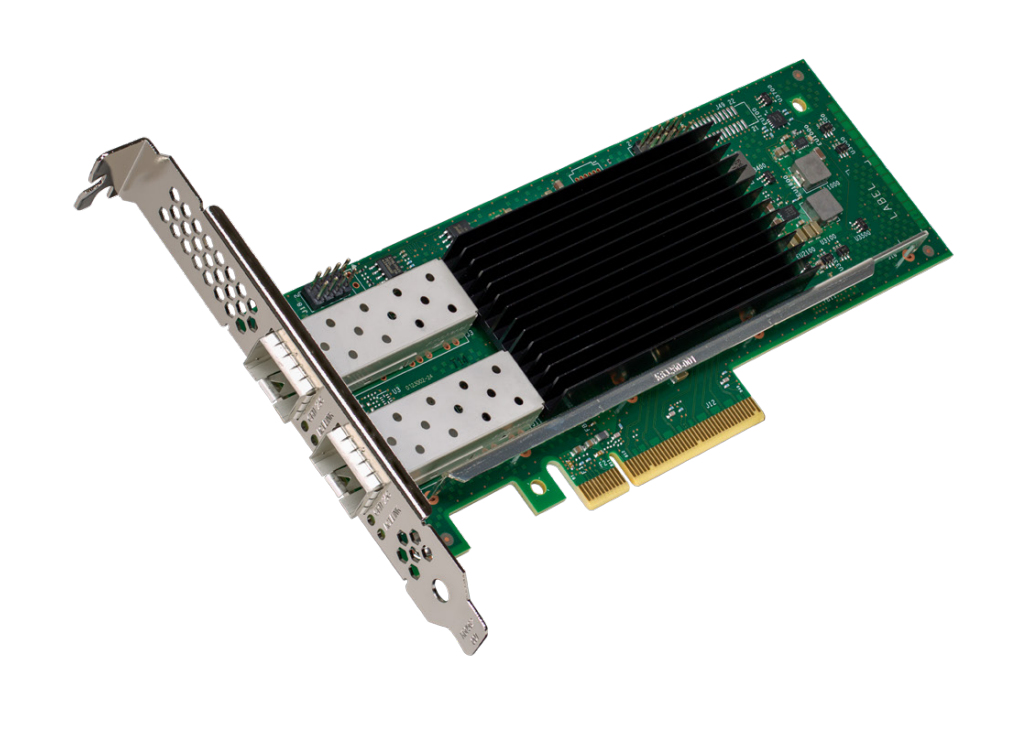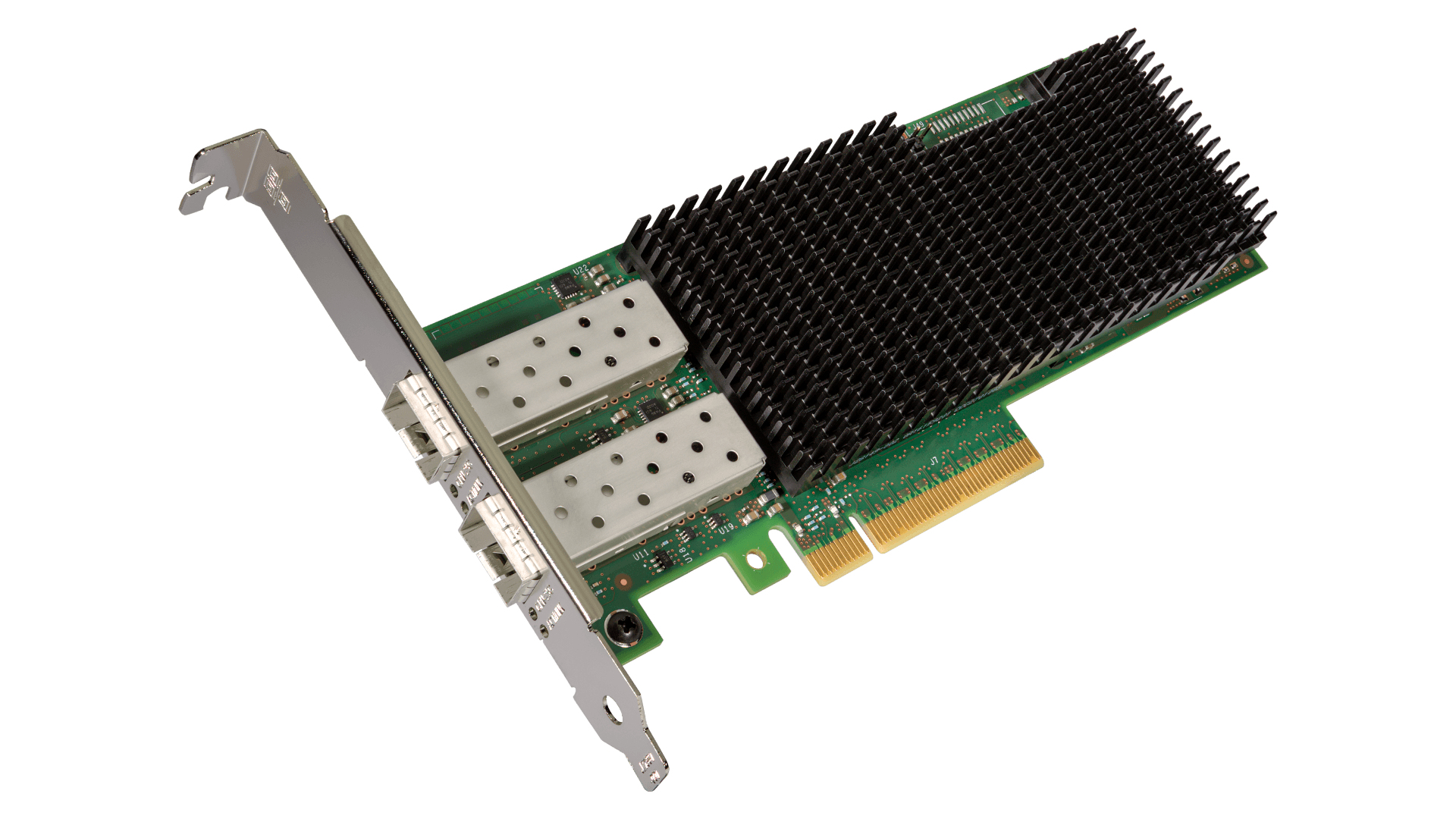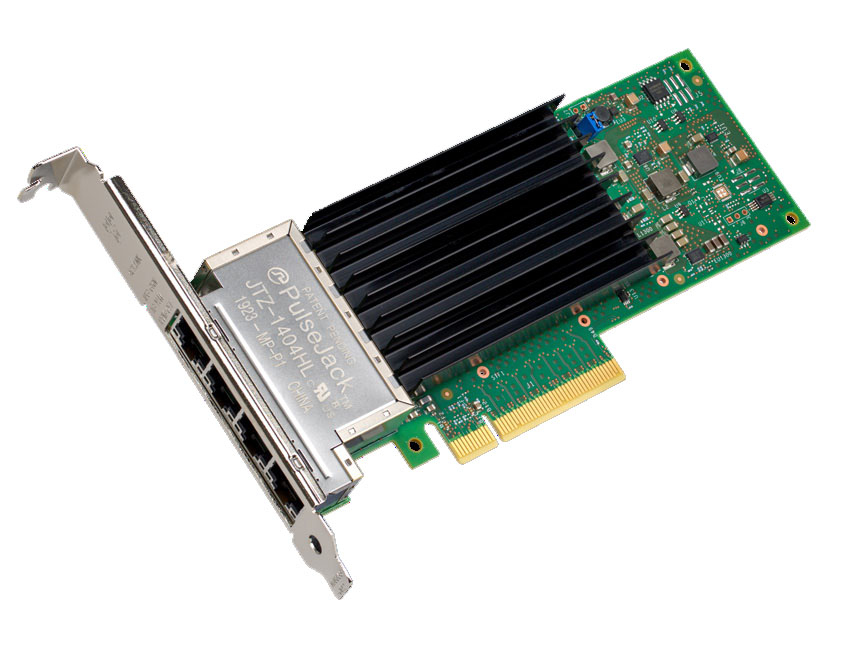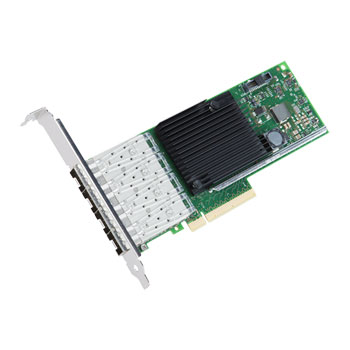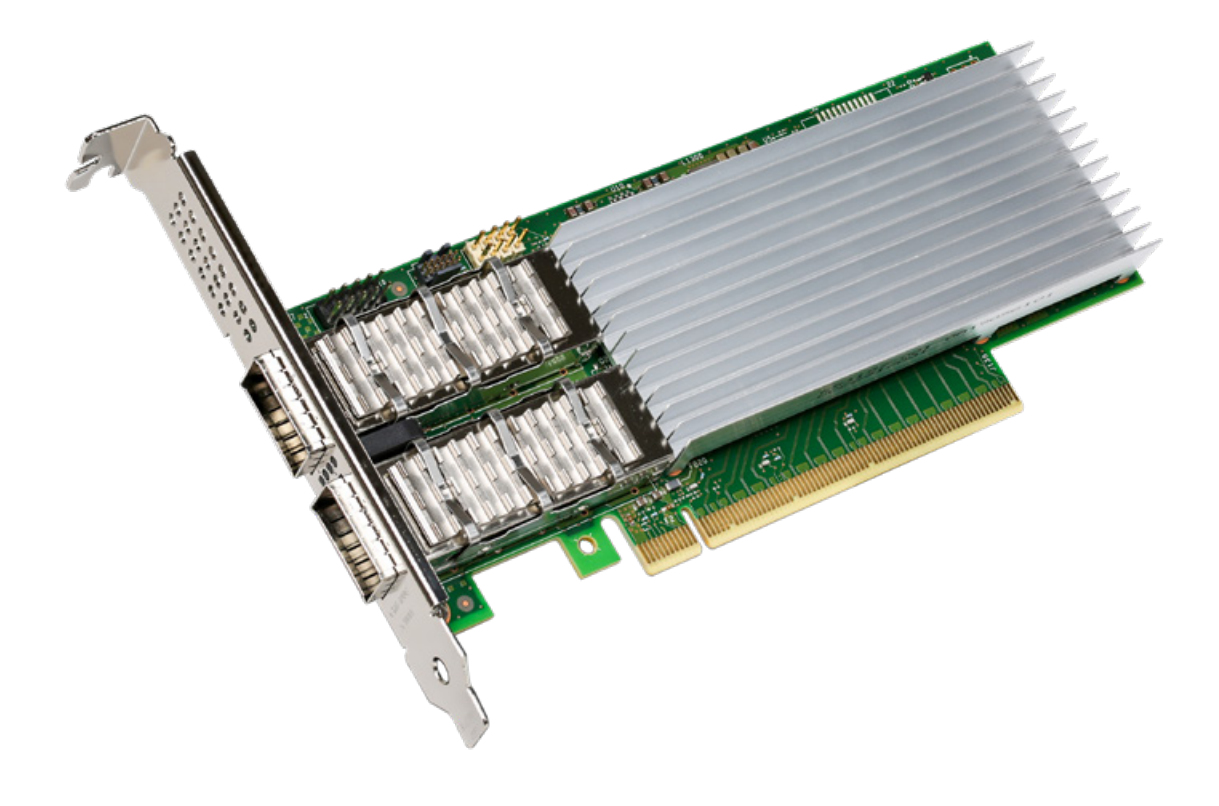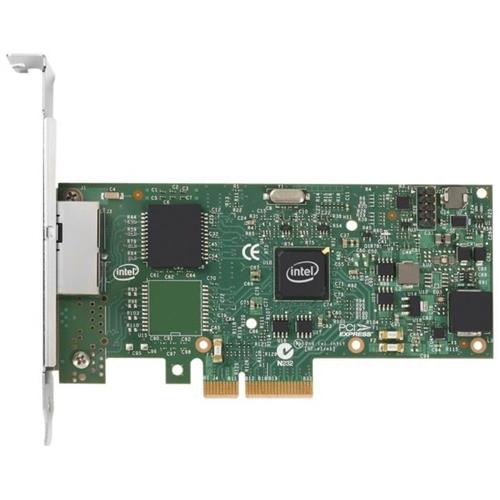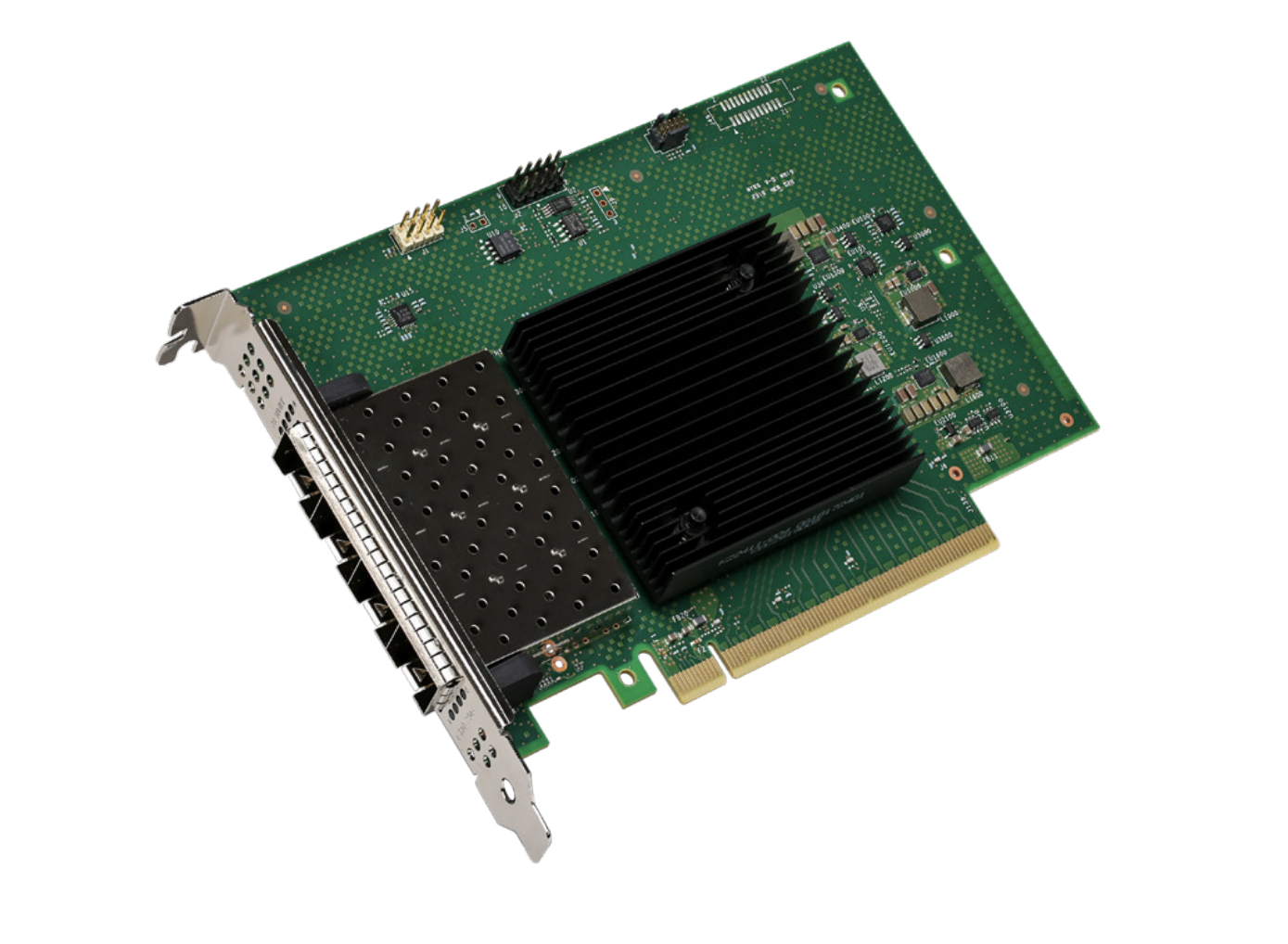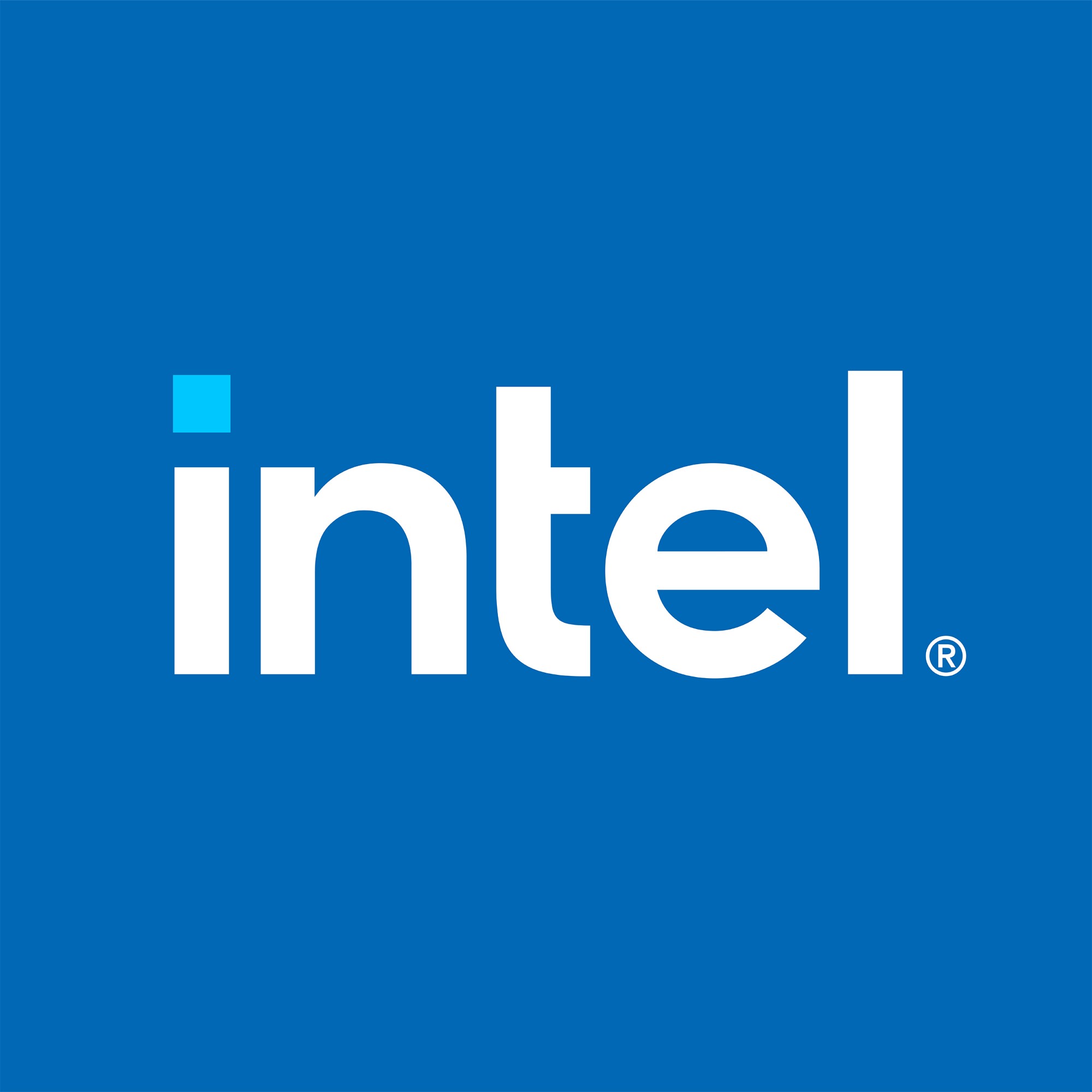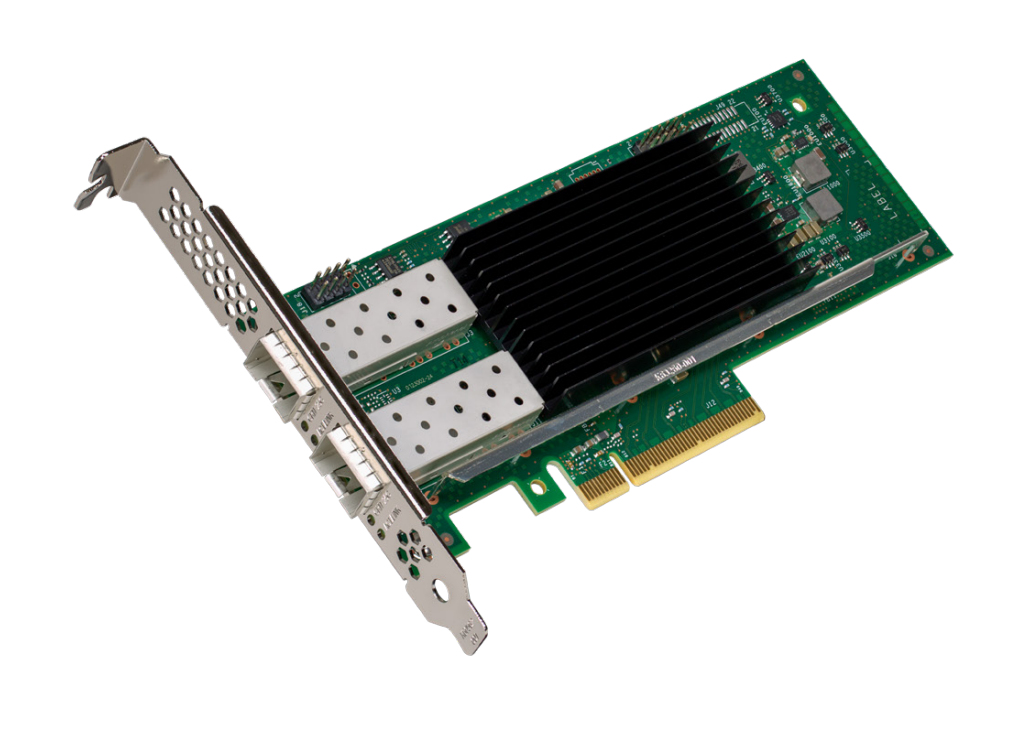Intel X710DA2BLK Internal Fiber 10000 Mbit/s
 |
Buy Intel X710DA2BLK Internal Fiber 10000 Mbit/s
When you make a purchase through links on our site, we may receive a affiliate commission.
Intel X710DA2BLK network card Internal Fiber 10000 Mbit/s | £232.82 | ||||
X710DA2BLK - Internal - Wired - PCI Express - Fiber - 10000 X710DA2BLK | £233.40 | ||||
Intel Ethernet Converged Network Adapter X710-DA2 - network adapter - PCIe 3.0 x8 - 10 Gigabit SFP+ x 2 X710DA2BLK | £254.38 |  | |||
| £257.00 | |||||
| £308.40 | |||||
iWARP/RDMA
iWARP delivers converged low-latency fabric services to data centers through Remote Direct Memory Access (RDMA) over Ethernet. The key iWARP components that deliver low-latency are Kernel Bypass Direct Data Placement and Transport Acceleration.
Intel Data Direct I/O Technology
Intel Data Direct I/O Technology is a platform technology that improves I/O data processing efficiency for data delivery and data consumption from I/O devices. With Intel DDIO Intel Server Adapters and controllers talk directly to the processor cache without a detour via system memory reducing latency increasing system I/O bandwidth and reducing power consumption.
PCI-SIG* SR-IOV Capable
Single-Root I/O Virtualization (SR-IOV) involves natively (directly) sharing a single I/O resource between multiple virtual machines. SR-IOV provides a mechanism by which a Single Root Function (for example a single Ethernet Port) can appear to be multiple separate physical devices.
Intel Ethernet Power Management
Intel Ethernet Power Management Technology provides solutions to common power management approaches by reducing idle power reducing capacity and power as a function of demand operating at maximum energy efficiency whenever possible and enabling functionality only when needed.
Flexible Port Partitioning
Flexible Port Partitioning (FPP) technology utilizes industry standard PCI SIG SR-IOV to efficiently divide your physical Ethernet device into multiple virtual devices providing Quality of Service by ensuring each process is assigned to a Virtual Function and is provided a fair share of the bandwidth.
Virtual Machine Device Queues (VMDq)
Virtual Machine Device Queues (VMDq) is a technology designed to offload some of the switching done in the VMM (Virtual Machine Monitor) to networking hardware specifically designed for this function. VMDq drastically reduces overhead associated with I/O switching in the VMM which greatly improves throughput and overall system performance
iWARP delivers converged low-latency fabric services to data centers through Remote Direct Memory Access (RDMA) over Ethernet. The key iWARP components that deliver low-latency are Kernel Bypass Direct Data Placement and Transport Acceleration.
Intel Data Direct I/O Technology
Intel Data Direct I/O Technology is a platform technology that improves I/O data processing efficiency for data delivery and data consumption from I/O devices. With Intel DDIO Intel Server Adapters and controllers talk directly to the processor cache without a detour via system memory reducing latency increasing system I/O bandwidth and reducing power consumption.
PCI-SIG* SR-IOV Capable
Single-Root I/O Virtualization (SR-IOV) involves natively (directly) sharing a single I/O resource between multiple virtual machines. SR-IOV provides a mechanism by which a Single Root Function (for example a single Ethernet Port) can appear to be multiple separate physical devices.
Intel Ethernet Power Management
Intel Ethernet Power Management Technology provides solutions to common power management approaches by reducing idle power reducing capacity and power as a function of demand operating at maximum energy efficiency whenever possible and enabling functionality only when needed.
Flexible Port Partitioning
Flexible Port Partitioning (FPP) technology utilizes industry standard PCI SIG SR-IOV to efficiently divide your physical Ethernet device into multiple virtual devices providing Quality of Service by ensuring each process is assigned to a Virtual Function and is provided a fair share of the bandwidth.
Virtual Machine Device Queues (VMDq)
Virtual Machine Device Queues (VMDq) is a technology designed to offload some of the switching done in the VMM (Virtual Machine Monitor) to networking hardware specifically designed for this function. VMDq drastically reduces overhead associated with I/O switching in the VMM which greatly improves throughput and overall system performance
The product description is generated based on data from online stores. Before purchasing be sure to verify all information directly with the seller.

Best Rugged External SSDsCompact SSDs in a shock-resistant casing for data backup in atypical conditions

Cloud Gaming: What It Is and How to Get StartedUnderstanding the pitfalls of cloud gaming and choosing the most suitable cloud service
How to place an order?How to add store?
Remember that the online store is responsible for the accuracy of information regarding price, warranty, and delivery!
You may be interested in


